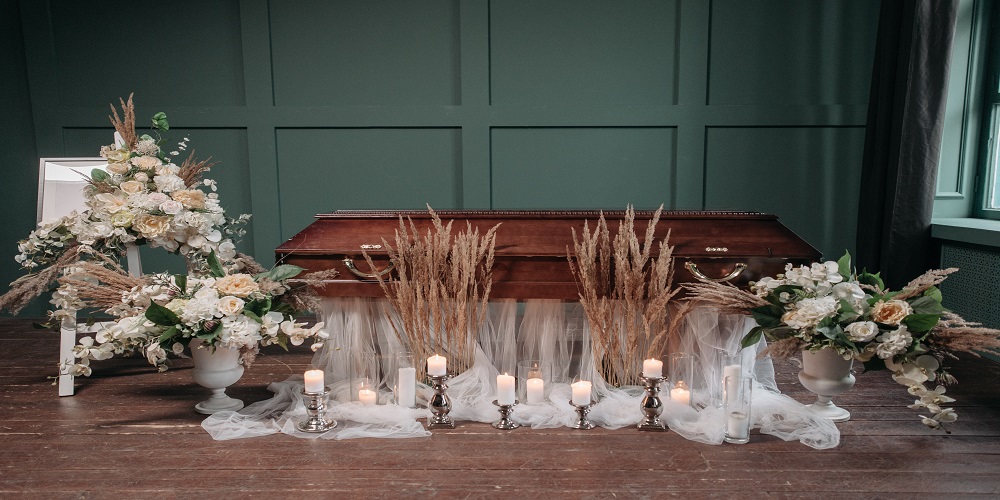Top 7 Disadvantages of Cremation
While cremation is becoming more common, it’s not the right choice for everyone. Making an informed decision is essential, which means looking at both sides. In this article, we’ll discuss the top seven disadvantages of cremation. These are things you might not have thought about. So, let’s explore why cremation might not always be the best option.

7 Disadvantages Worth Considering Before Choosing Cremation
Cremation Does Have Some Environmental Impact
While cremation uses less land than burial, it does have some adverse environmental impacts. The process requires a lot of energy, which can increase greenhouse gas emissions. Also, specific medical devices left in the body, like pacemakers, can create harmful gases when cremated.
The Finality of Cremation Can Be Difficult
Once a body is cremated, the process cannot be undone. This permanent nature of cremation can sometimes be challenging to deal with.
There Can Be Conflict Over What to Do with the Ashes
After cremation, we’re left with ashes. Sometimes, family members might not agree on what to do with these ashes. As per Hindu funeral customs, people might want to keep them in an urn at home. Others might want to scatter the ashes in a special place. Sometimes, people even want to turn the ashes into jewelry or art!
When family members can’t agree, it might lead to arguments. It can make a sad time even harder. To avoid this, it’s a good idea to discuss these decisions beforehand. If possible, ask your loved one what they would like. It can be a tough conversation, but it can help avoid conflict later. Remember, the goal is to honour the person who has passed away in a way that brings comfort and peace to the living.
Cremation Does Not Allow for Traditional Visitation
Traditional visitations are not usually possible with cremation. It could make it harder for some people to say goodbye and find closure.
Some Religions and Cultures Do Not Accept Cremation
Not all religions and cultures accept cremation. For example, Orthodox Judaism and Islam typically require burial. If your loved one is religious, or if you are, this could be an essential factor to consider.
Not All Funeral Homes Offer Cremation Services
Although the popularity of cremation is rising, it’s still not a universally available service at all funeral homes. It can potentially complicate the planning process. You might have to search for a funeral home that provides this service, adding an extra task during an already stressful time. It could mean travelling further distances or paying higher fees at a specialized facility.
Cremation Doesn’t Allow for A Grave Site Visit
With cremation, there’s often no gravesite to visit. It might make it harder for some people to feel connected to their loved ones after they’re gone. It could also mean there’s no central place for families to gather and remember their loved ones in the future.
The Bottom Line
Cremation, while popular and beneficial for many, has drawbacks. It’s crucial to fully understand these disadvantages before making your choice. Talk with your family, and consider what your loved one would have wanted. You can consult with professionals to ensure your decision is a well-informed one. The choice between cremation and burial is deeply personal. There is no right or wrong answer – just the one that feels right for you.
